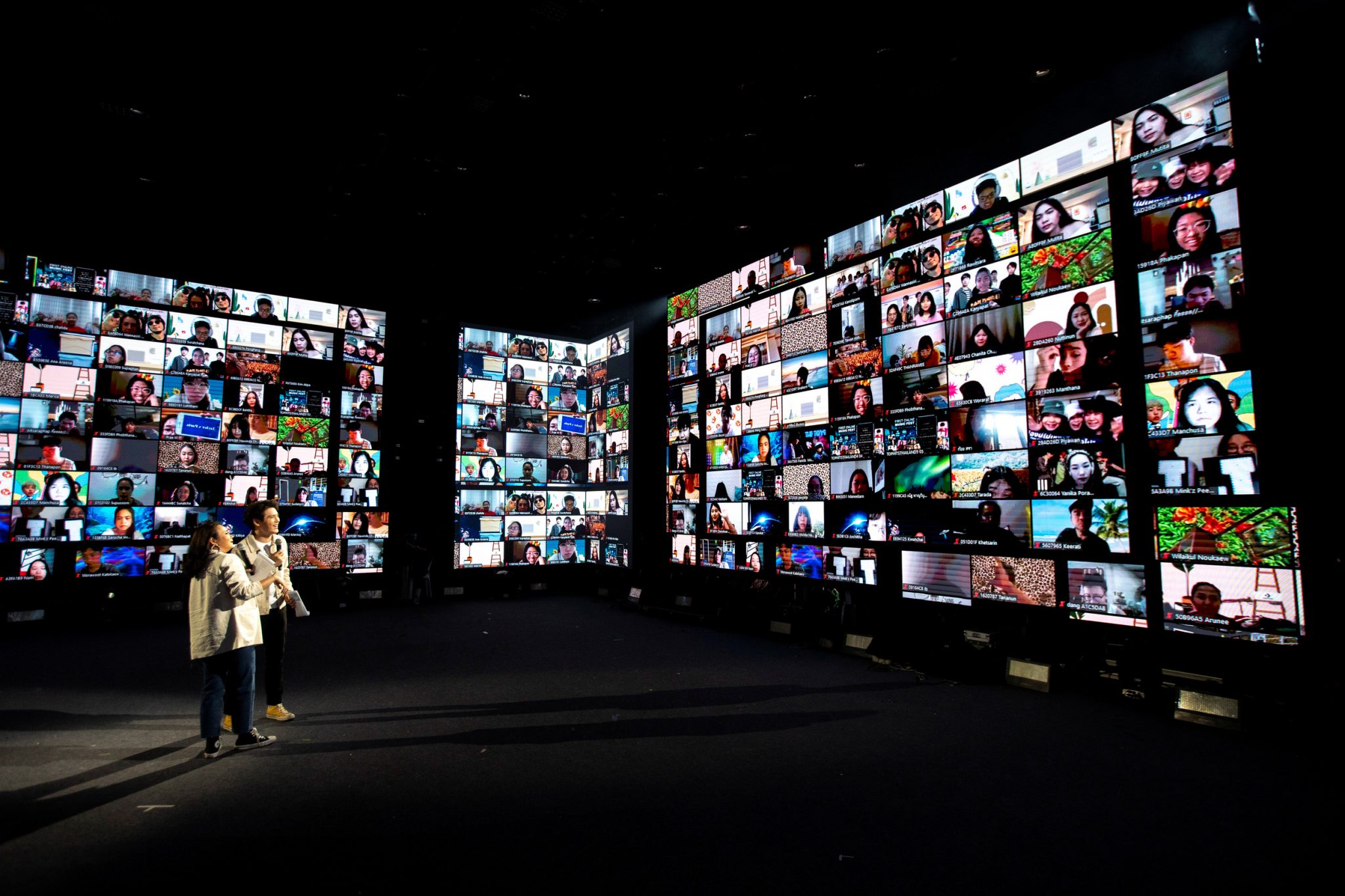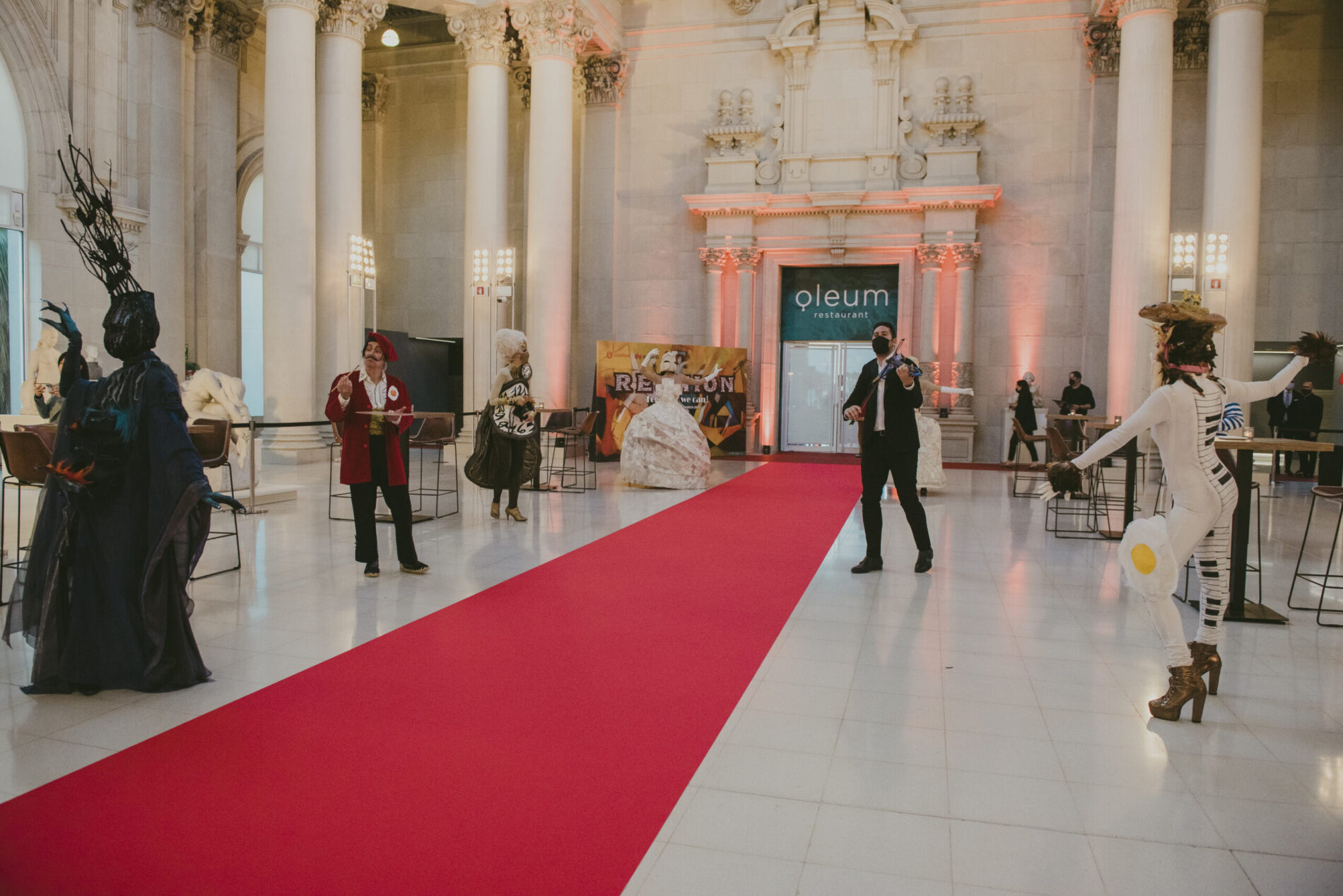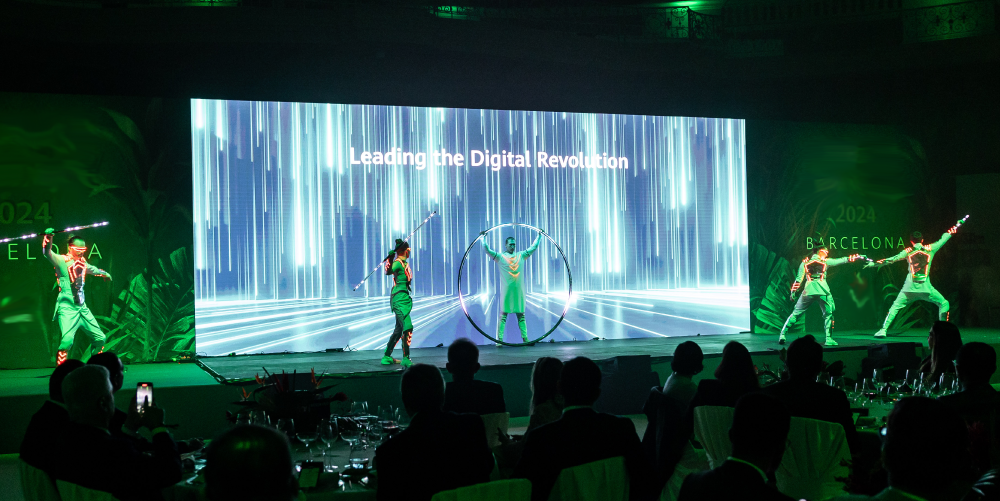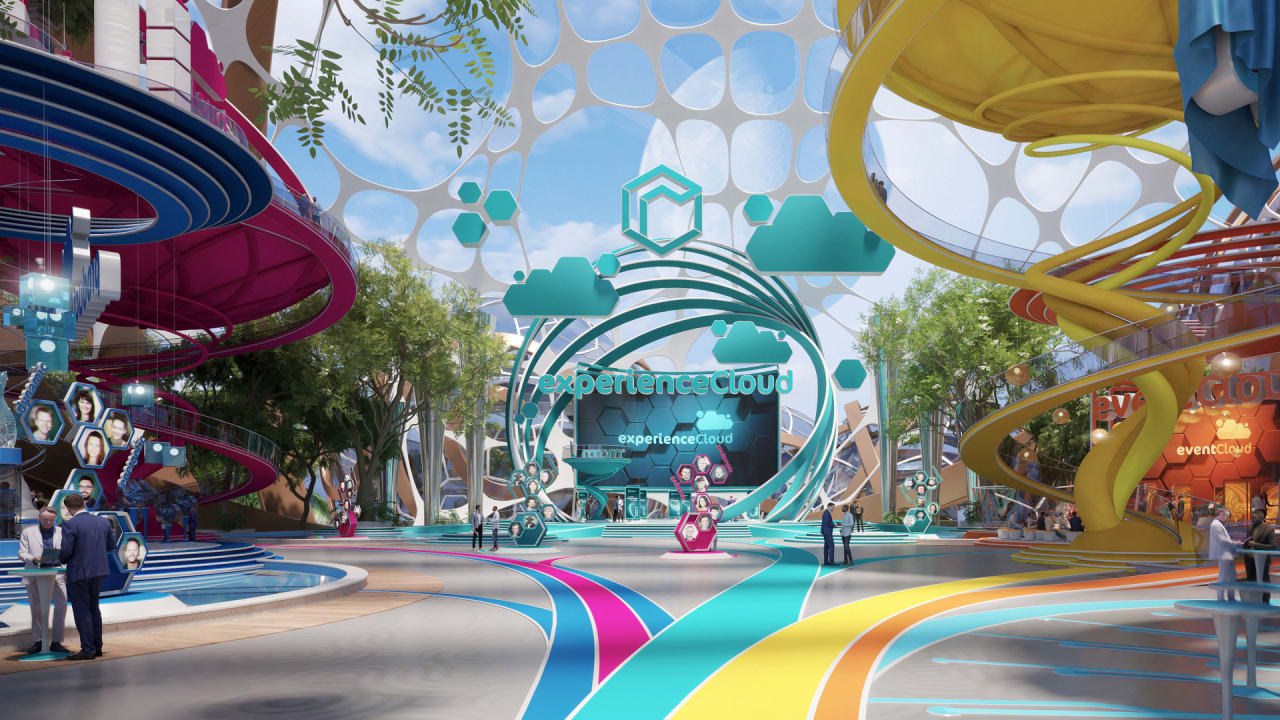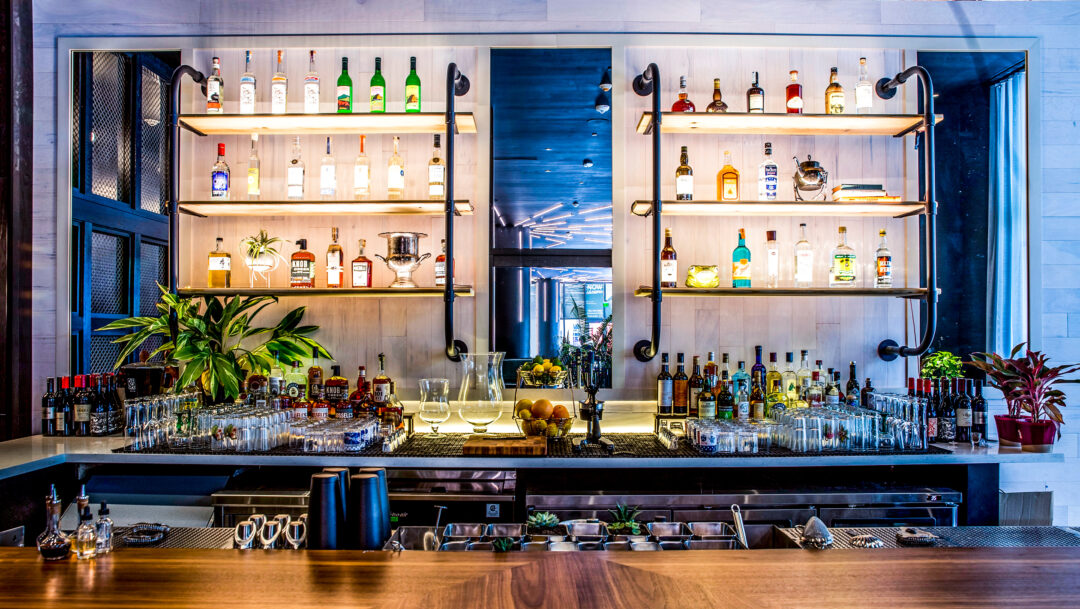As virtual events continue to shape the event landscape, organizers are getting more creative in their approaches. In this article, we highlight the top 10 virtual event examples for 2024 that have redefined attendee engagement and delivered outstanding experiences. From virtual conferences and trade shows to immersive online festivals, these examples showcase the endless possibilities and potential of virtual events in the coming year.
Virtual Trade Shows with Virtual Reality (VR) Booths
Virtual trade shows with VR booths offer an immersive experience, allowing attendees to explore products and interact with exhibitors in a lifelike virtual environment.
Interactive Virtual Conferences
Interactive virtual conferences include live polling, breakout sessions, and Q&A opportunities, fostering active participation and meaningful connections among attendees.
Online Music Festivals
Online music festivals create virtual stages, offering live performances, interactive fan chats, and even virtual meet-and-greets with artists.
Gamified Product Launches
Gamified product launches engage attendees with interactive product demonstrations, quizzes, and challenges, enhancing brand awareness and excitement.
Virtual Career Fairs with Networking Lounges
Virtual career fairs with networking lounges enable job seekers to connect with recruiters and potential employers, fostering meaningful professional connections.
Virtual Awards Galas
Virtual awards galas celebrate excellence with live streaming ceremonies, celebrity hosts, and virtual red carpets, engaging attendees worldwide.
Virtual Charity Fundraisers
Virtual charity fundraisers use creative storytelling and live appeals to raise funds for charitable causes, connecting donors with the impact of their contributions.
Virtual Sports Events with Augmented Reality (AR) Features
Virtual sports events with AR features enable spectators to experience sports events from unique angles, adding a new dimension of excitement to the viewing experience.
Virtual Product Showcases with 3D Visualization
Virtual product showcases utilize 3D visualization to demonstrate product features, providing a realistic and engaging experience for potential buyers.
Virtual Networking Events with AI Matchmaking
Virtual networking events use AI matchmaking algorithms to connect attendees with shared interests, fostering networking opportunities and meaningful connections.
Why Choose Smartworks for Virtual Event Planning
Choose Smartworks for expert virtual event planning, where we leverage innovative ideas to create extraordinary online experiences. From interactive conferences to immersive product launches, our skilled team delivers seamless virtual events that engage audiences and achieve your objectives. Elevate your virtual event game with Smartworks, your trusted event organization partner.
